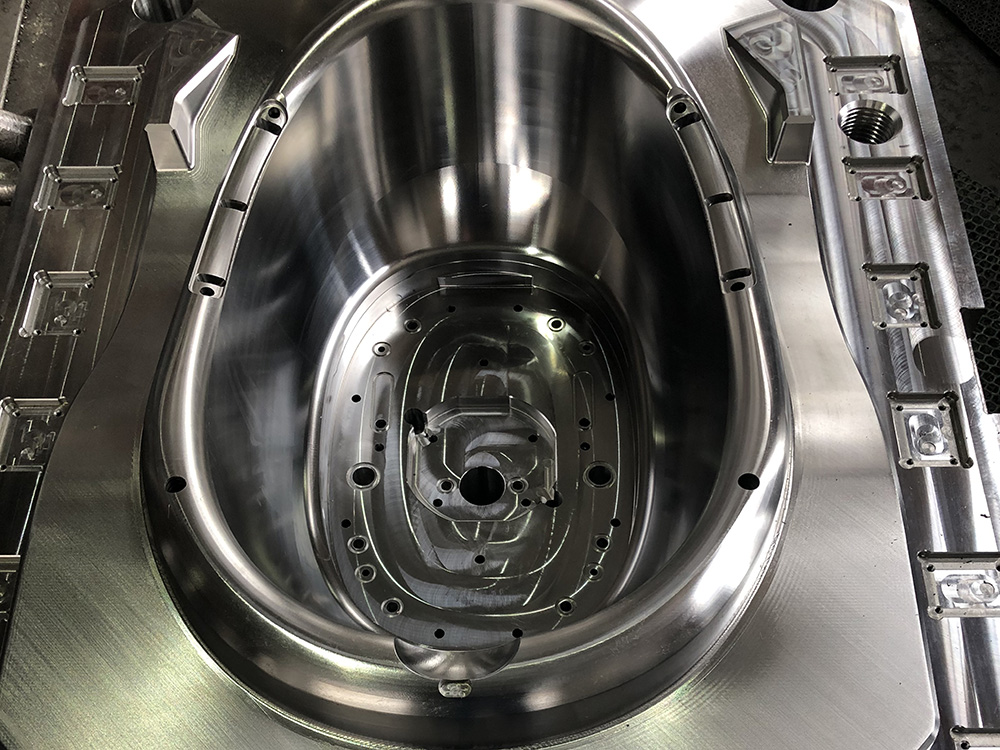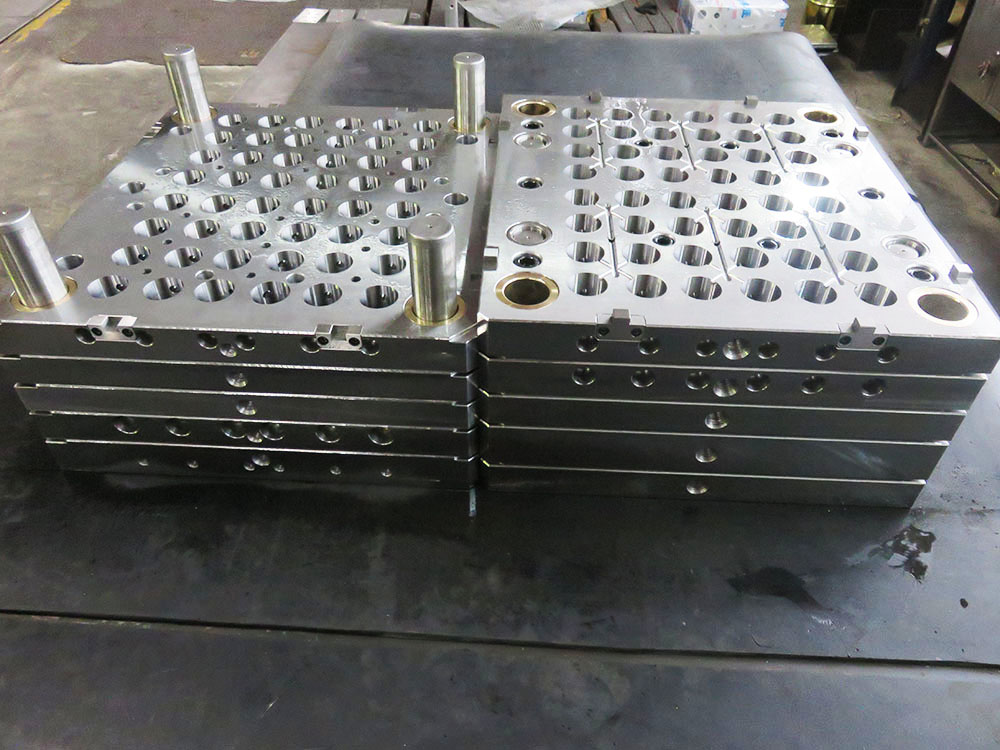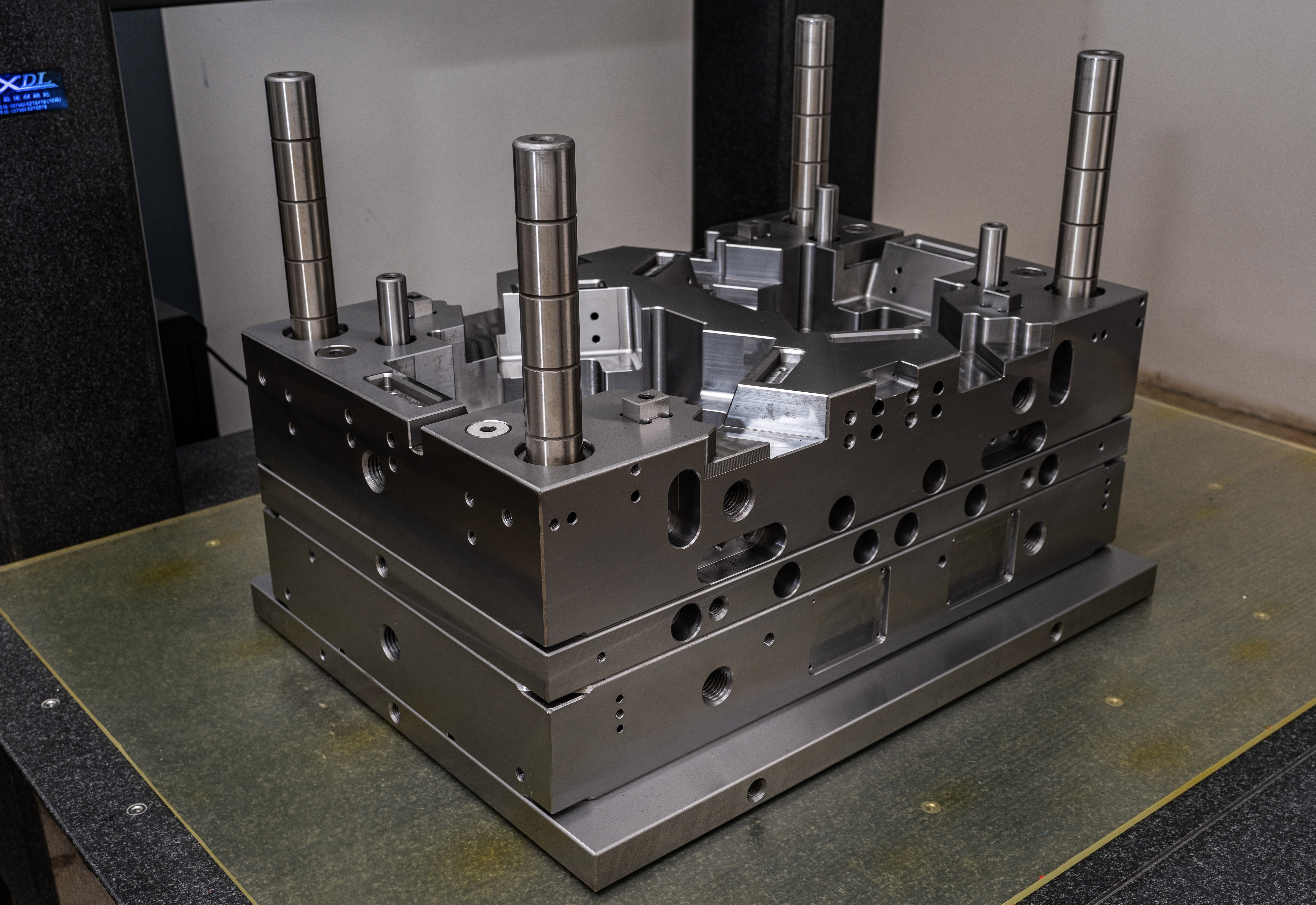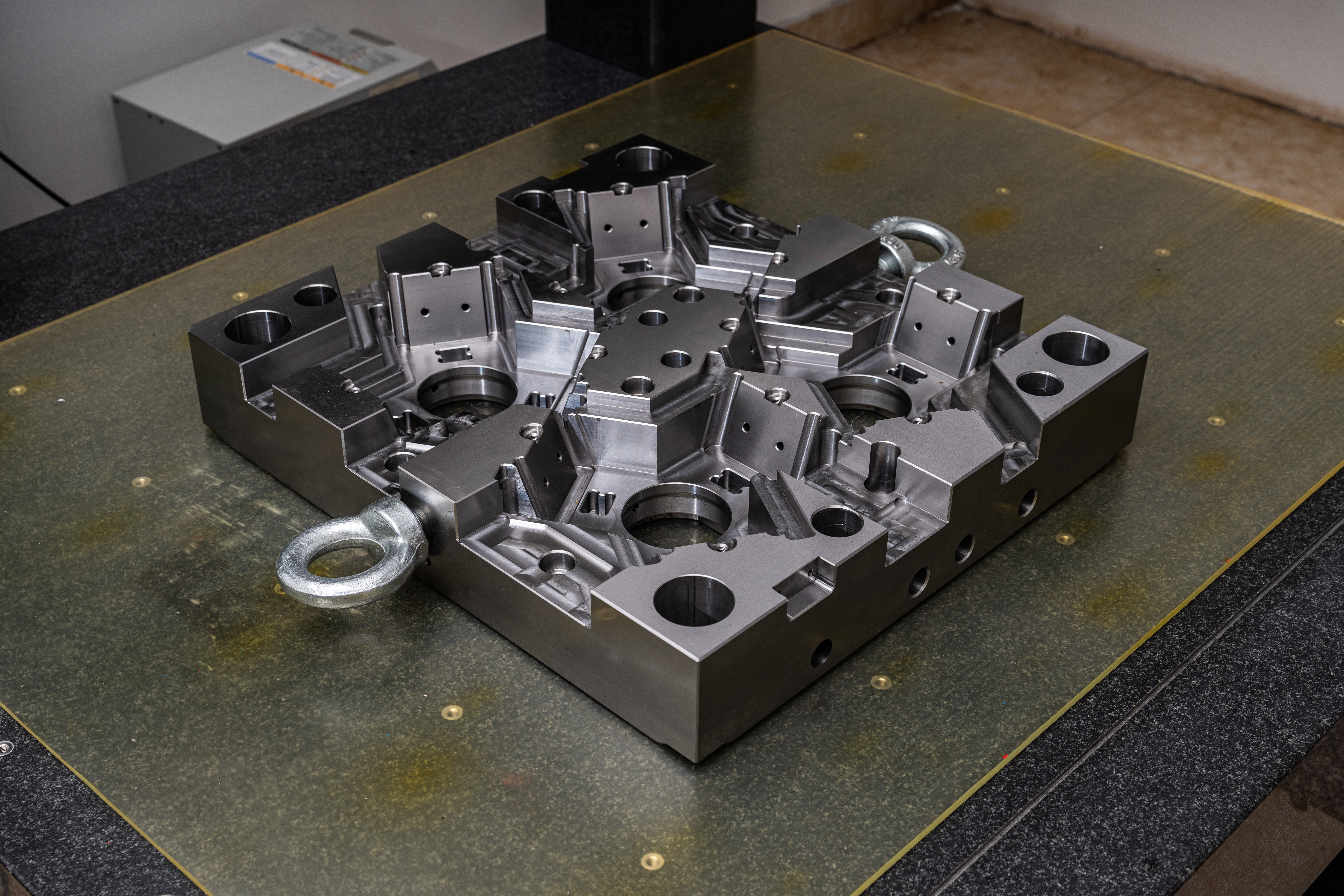Standards for Support Frame Construction: What are the Requirements?
Support frames play a critical role in the mold base industry, providing stability and strength to ensure the proper functioning of molds. To meet industry standards, support frame construction must adhere to specific requirements that guarantee the reliability and quality of the molds produced. This article will delve into the essential requirements for support frame construction in the mold base industry.
Material Selection and Strength Requirements
The choice of materials for support frame construction is of utmost importance. The selected materials must possess adequate mechanical strength, durability, and resistance to wear and tear. High-quality steel alloys, such as 1045 or 4140, are commonly utilized due to their excellent strength properties and resistance to deformation. The chosen materials must also be able to endure the pressures exerted during the molding process without compromising performance or dimensional stability.
Dimensional Accuracy and Tolerance
Support frames are responsible for maintaining accurate dimensions and tolerances of the molds. Therefore, it is crucial that construction adheres to strict dimensional accuracy requirements. Precise machining and appropriate welding techniques are essential to achieve the desired tolerances. Deviations in dimensions or irregularities in the support frame can lead to alignment issues in the mold and ultimately affect the quality of the final product.
Stability and Rigidity
Support frames must provide stability and rigidity to prevent any unwanted movement or vibrations during the mold base operation. The construction should be robust enough to withstand the forces generated during the molding process, maintaining the desired alignment and minimizing any unnecessary deflection. It is imperative to consider factors such as the weight distribution of the mold and the forces it will experience to construct a stable support frame that ensures consistent mold performance.
Corrosion Resistance
Given the nature of the mold base industry, support frames are often exposed to various environmental conditions. Corrosion can significantly compromise the structural integrity of the frame, leading to potential failure or deformation. Therefore, corrosion resistance is a key requirement for support frame construction. Coatings or treatments that provide protective layers against corrosion, such as chrome plating or powder coating, should be applied to prolong the lifespan of the support frame and ensure its functionality over time.
Easy Maintenance and Accessibility
Maintaining and servicing the support frame should be straightforward to minimize downtime and ensure efficient operations. Construction should allow for easy access to critical components of the frame for inspection, cleaning, and potential repairs. Simple and efficient maintenance procedures will contribute to prolonging the lifespan of the support frame and minimizing production disruptions.
Conclusion
In conclusion, the mold base industry requires support frame construction to meet specific requirements to guarantee the reliability and quality of molds. Material selection, dimensional accuracy, stability, corrosion resistance, and easy maintenance are all crucial considerations when constructing support frames. Adhering to these requirements will ensure that the support frames provide the necessary strength, stability, and longevity for molds used in various manufacturing processes.




